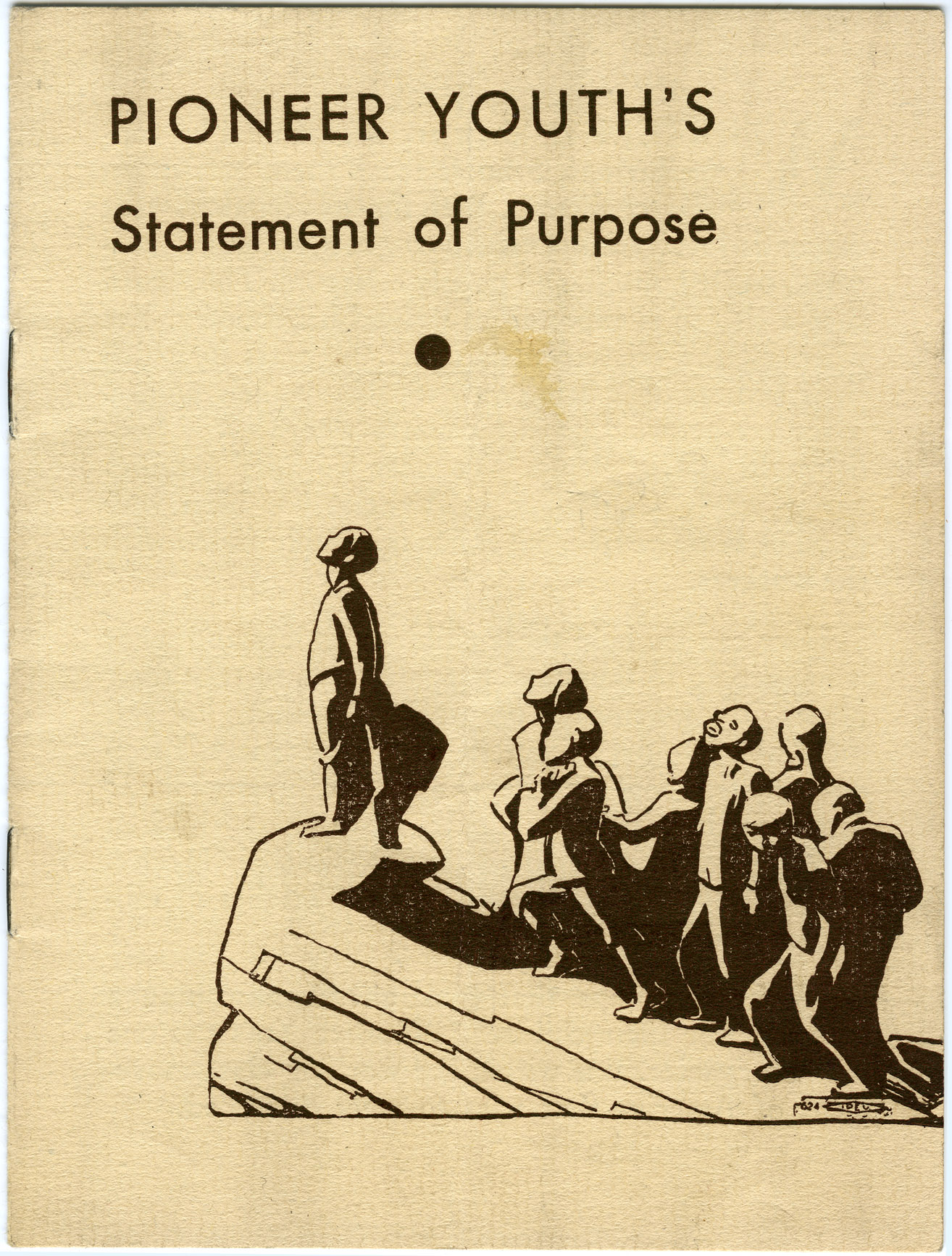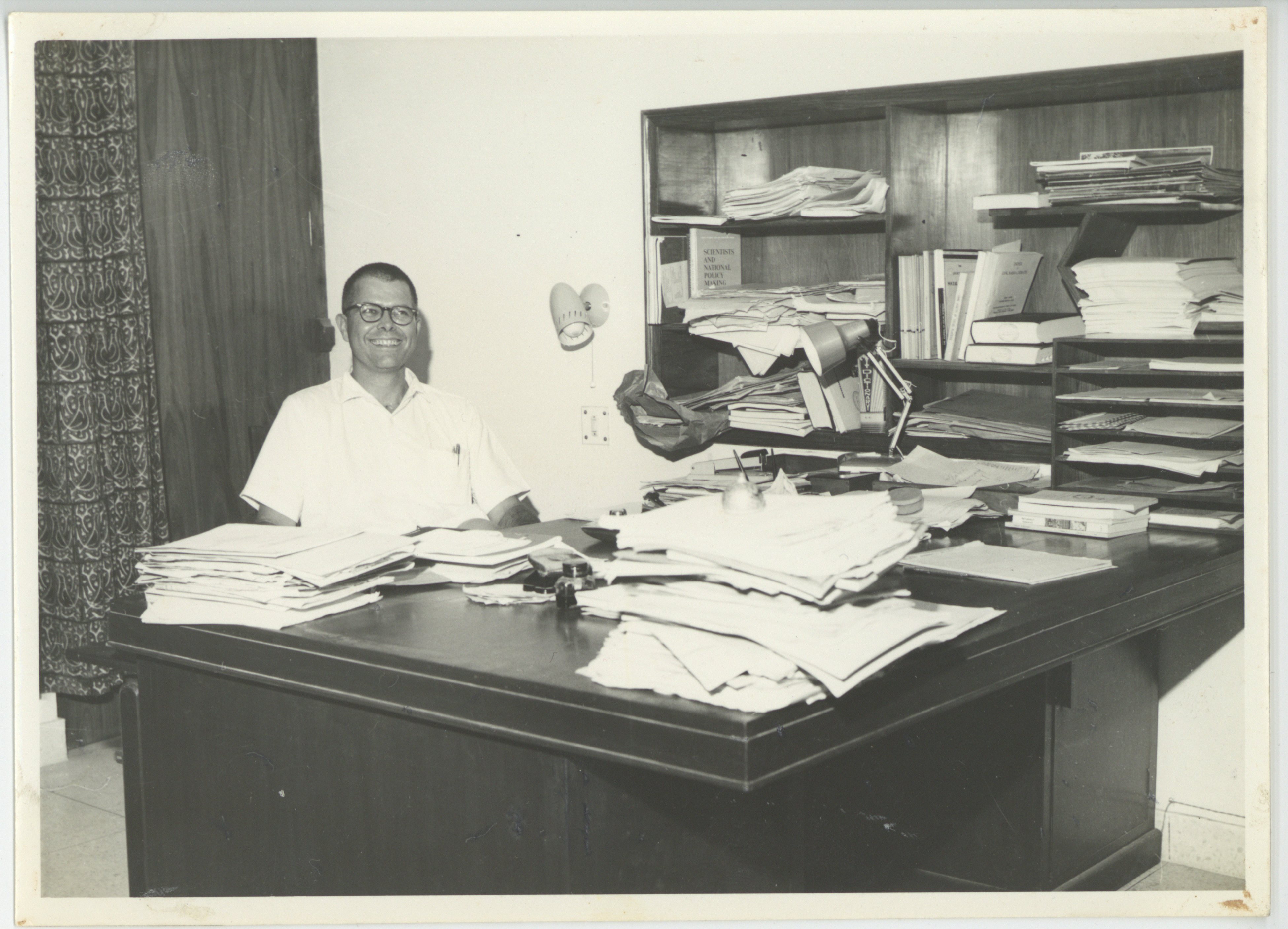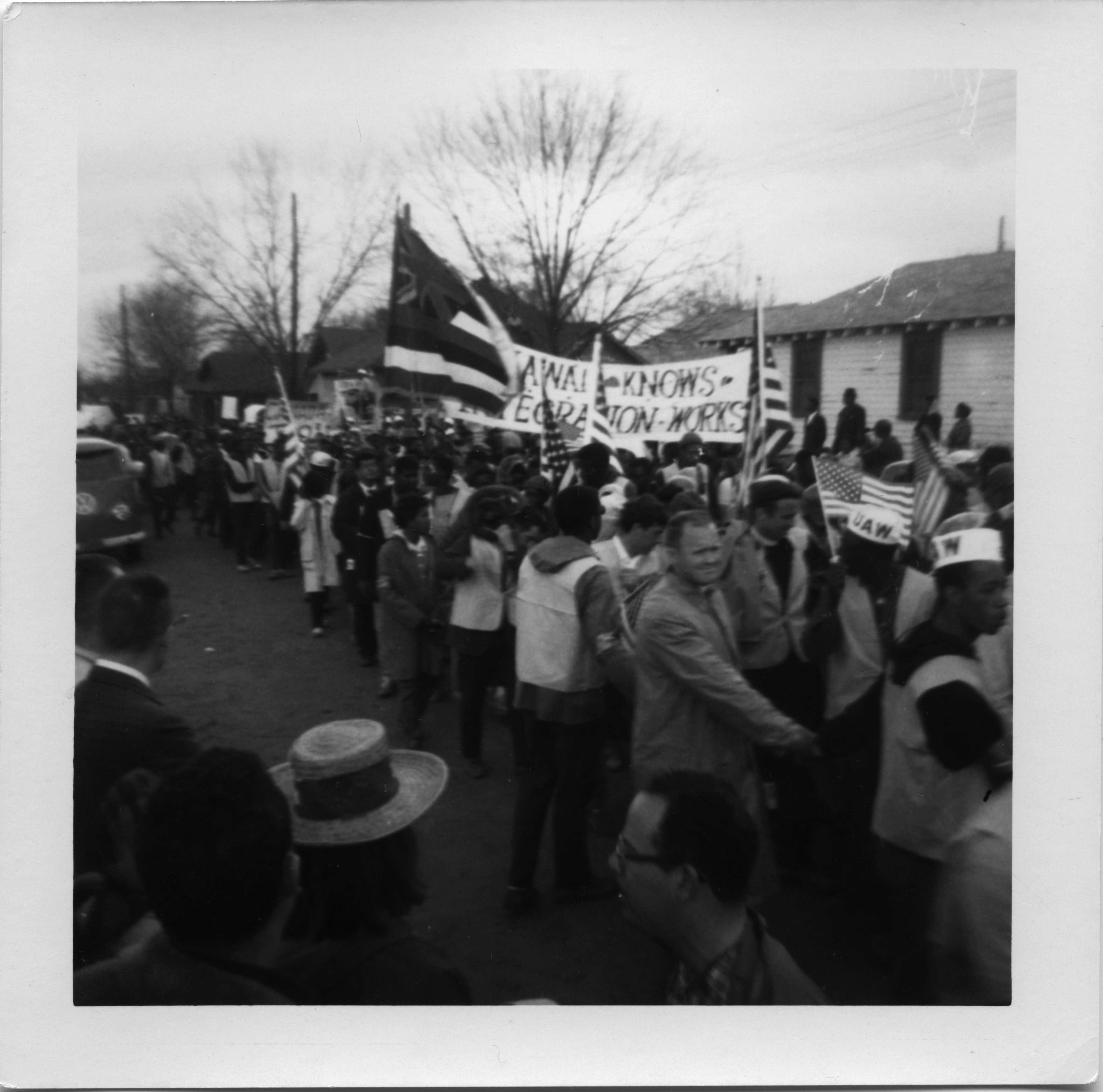Massachusetts Law Reform Institute Records
Founded in 1968, the Massachusetts Law Reform Institute (MLRI) is a statewide non-profit poverty law and policy center. Their mission is to advance economic, racial, and social justice through legal action, education, and advocacy, specializing in large-scale impact litigation and policy reforms in a wide range of poverty law fields. The MLRI Housing Unit was involved in several cases attempting to protect low-income and minority housing in urban settings in Massachusetts in the 1980s. In a 1982 case, Olga Ramos et al. v. Ernest Proulx et al., nine minority residents of Holyoke and two Hispanic non-profit service agencies sued Mayor Proulx and the City of Holyoke for discriminatory practices related to disproportionately demolishing housing in low income and minority neighborhoods. In Boston, MLRI joined as council for the plaintiffs in a 1981 case, Viviana Munoz-Mendoza, et al. v. Samuel R. Pierce, Jr., et al., where South End residents sued the Department of Housing and Urban Development (HUD), claiming federal funds were being used to racially desegregate their neighborhood when a HUD grant for the Copley Place development did not make a thorough study of the impact on residential integration or address a long standing desire for low-income housing on an adjacent site known as Tent City.
The MLRI Records consist of legal records, memos, correspondence, and strategy related to litigation for fair housing practice in the Holyoke and Boston cases, Ramos v. Proulx and Munoz-Mendoza v. Pierce. Newspaper clippings, city statistics and reports, and other documents stemming from the discovery portions of the cases are also abundant.





